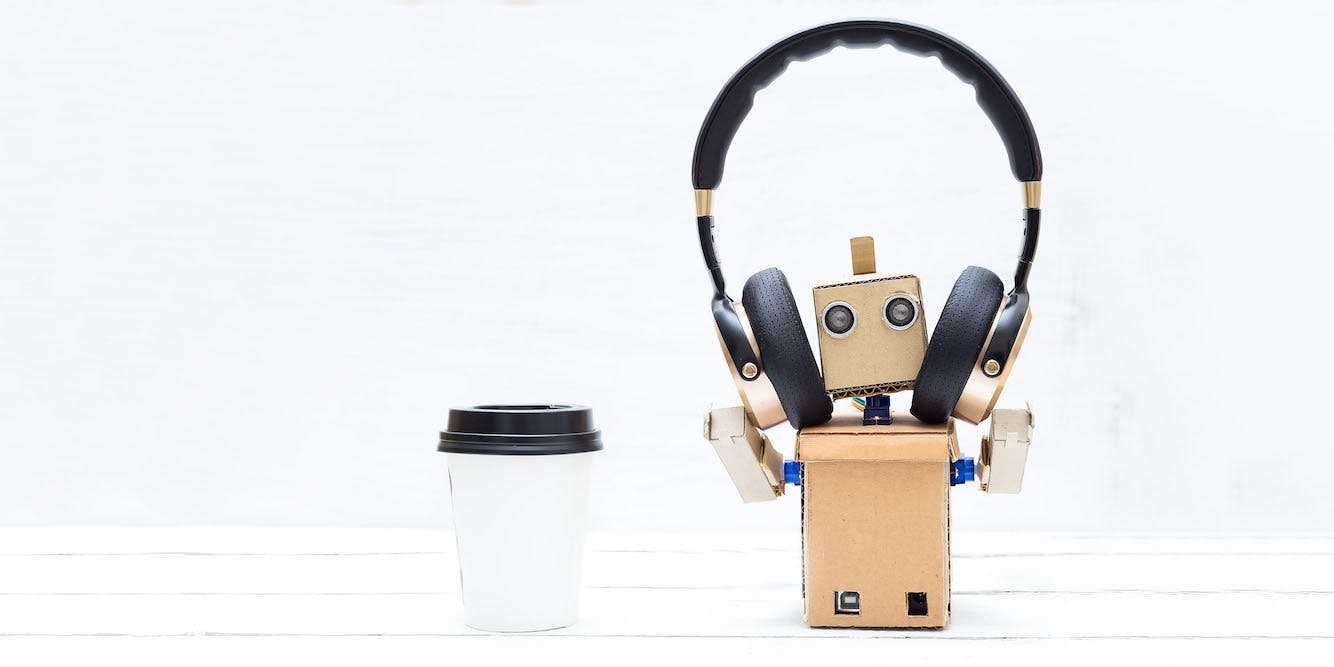
Confluence of AI and music creating new notes
If you’re wondering about the quality of music that AI can create, don’t. Listen to Daddy’s Girl instead and you can judge for yourself if AI can indeed make sweet music! The song is the world’s first pop song composed by an algorithm. The AI engine that created Daddy’s Girl analyzed a database of Beatles songs to come up with this composition.
The song was released by Sony CSL Research Labs in September of 2016. The AI system, called FlowMachines, analyzed a database of songs and following a particular musical style created similar compositions. The final result does have a human touch though as French composer Benoit Carre arranged the song and wrote the lyrics.
That’s not the only kind of impact AI is having on the music industry. Take Jukebox. They have gone one step further by allowing just about anyone to create their own music. Now it is just not possible for anyone to compose music. At the very least, you need an ear for music, some ability to play and the creativity and desire to compose. Yet with Jukebox, all you need is to pick the style, genre, instrument and tempo and the site’s AI based engine automatically generates a custom tune. It takes a few minutes and your composition is ready for download.
I won’t go into the all too familiar; will AI kill the music industry debate here. My response is it won’t. It will help it evolve to new levels of creativity. Products like Jukebox mainly cater to content creators looking to make their videos more professional with a background score, for example youtubers. The market for this kind of music has exploded with the coming of online video streaming and the only way to keep up with the demand at the price points these video producers need is to use AI tools to auto-generate music.
The other big trend is AI-driven recommender systems that serve up increasingly personalized music. I spend a lot of time on Pandora and I am amazed at how well the music streaming service understands me and delivers just the right kind of songs for my taste. Pandora is able to do that thanks to its investment in the Music Genome project.
There are a lot of other startups betting big on the confluence of AI with music. Some of them are looking to create music, others to create virtual DJs and yet others are looking at new ways of monetizing music and music-adjacent ventures. And we’re just getting started on what is possible.
The music industry is a perfect example of how AI can greatly enhance every aspect of an industry and create new opportunities where none existed. That is really the key to understanding the impact of AI on any business or industry. By crunching data, both structured and unstructured, analyzing patterns and understanding nuances of human behavior, an AI-based system will fundamentally alter the very fabric of that industry to create something substantially better than what exists today.
This is exactly what is happening in the retail business as well. The first great IT-lead disruptor to the retail trade was when Jeff Bezos set up amazon.com in 1994. Online retail has altered the very fabric of the retail industry and the next revolution is taking place right now. There are many startups, Hivery included, that are working on creating exciting solutions for the retail trade. We are focused on finding unrealized profits by customizing the product, price and marketing strategy for retail outlets, be they stores or vending machines. The key to our success, like in the music industry, is using data to provide solutions that humans just can’t do.
Take our vending analytics solution for example. It analyzes many different aspects like demography, location, climate etc to create a unique personalized product and price mix for each vending machine. By doing this we have managed to substantially increase the revenue and profits for each machine, while reducing restocking costs. Creating individual stocking plans for each machine, after analyzing their data is impossible to do manually. You need an AI-based solution to crunch those sorts of numbers.
I will conclude by asking a simple question. Have you had the AI debate in your company yet? If yes, is the debate still about the age old, will it take our jobs? Because here’s what I know; if you’re not debating how AI can help improve every aspect of your business, your job is at risk anyway. Your competitor is probably already building an AI-based solution that will make your company redundant!